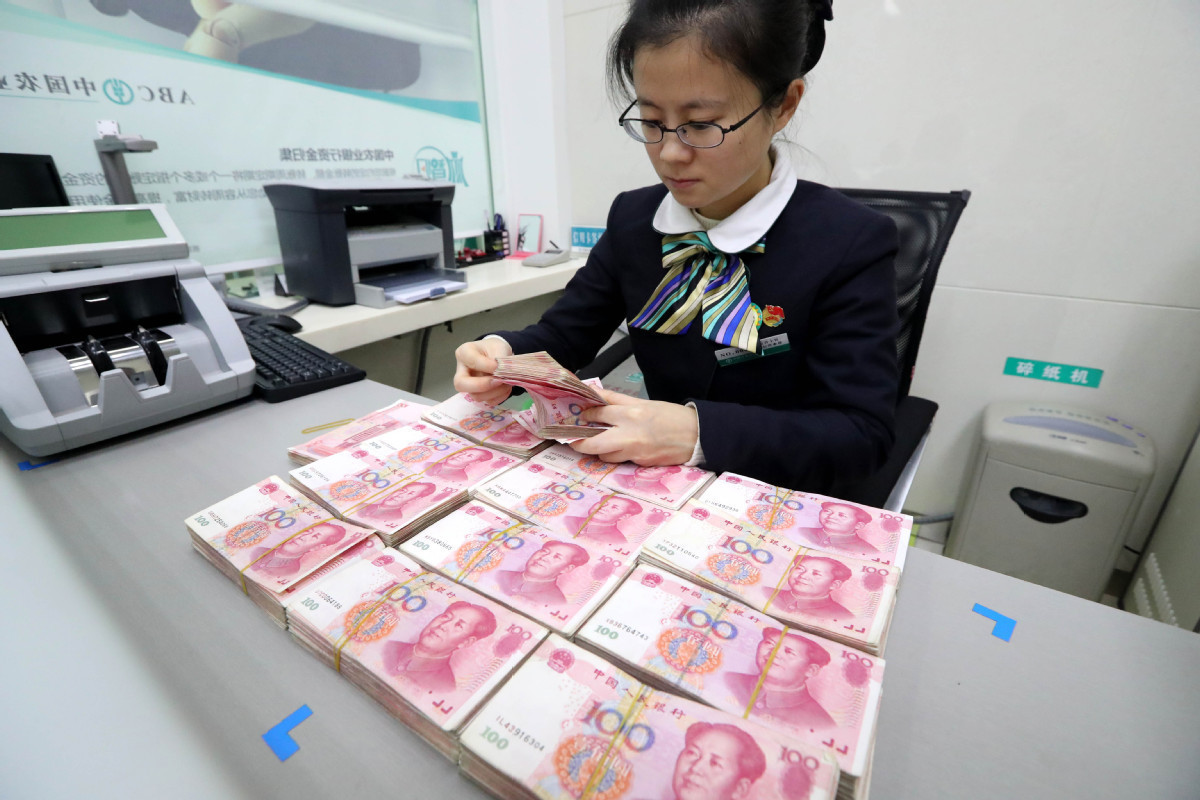China sure of meeting fiscal budget goals


Balance key objective despite pressure from tax and fee cuts, says minister
China will be able to achieve its annual fiscal budget goals, although the unprecedented $281 billion tax and fee cut plan will constrain income, a top government official said on Tuesday.
Finance Minister Liu Kun said the central government income is slated to increase by 5.1 percent this year from a year earlier, and has already logged a growth of 3.5 percent so far.
Cutting 2 trillion yuan ($281 billion) in taxes and fees was the most significant measure of the country's proactive fiscal policy. "Based on this year's implementation plan, the tax cut amount is more than our expectations," Liu said.
Xu Hongcai, deputy finance minister, said last week at a forum that the actual tax cut amount this year is likely to exceed the planned 2 trillion yuan.
Liu admitted that there was pressure in maintaining fiscal balance as on the one hand the tax and fee reduction policy is more aggressive, while on the other hand the government spending needs to be strong so as to support key reforms.
"Tax and fee reduction is a process of dynamic adjustment and improvement. We will evaluate the policy effects and adjust the relevant measures accordingly, so as to promote the policy to achieve better results," said the finance minister.
The government's general budgetary revenue rose by 3.2 percent in the first eight months, well below the 9.4 percent growth in the same period last year, and lower than the full-year target of 4.9 percent, the Ministry of Finance said last week.
Some of the local governments have already adjusted their budgets after the first six months of this year, and the annual fiscal targets can be achieved, Liu said. "There will be no new policies in principle, unless there is some emergent spending. We will make do with the necessary policies and use the budgets of the subsequent years to prevent any major contradictions between fiscal income and spending."
The State Council, the cabinet, had earlier said that it would use a part of the next year's local government special bond quota in advance, and the maximum value could be 1.29 trillion yuan, to accelerate infrastructure construction and spur economic growth.
It is likely that the additional quota will be allocated before the end of the year, said Shen Jianguang, vice-president and chief economist of JD Digits.
"Unlike the 21 trillion yuan outstanding local government debt, the 1.29 trillion yuan bond quota, which will be issued in advance, may not be much of a debt burden for local governments," said Shen.
In August, local governments started accelerating bond issuances, according to data from the Ministry of Finance. Local governments issued bonds worth 3.96 trillion yuan in the first eight months, including 2.35 trillion yuan worth of special bonds. Local authorities were also required to complete the 2019 annual bond quota by the end of September.
The debt ceiling for this year has been set at 24.08 trillion yuan for local governments, and the total outstandings stood at 21.41 trillion yuan by the end of August, the ministry said.



































